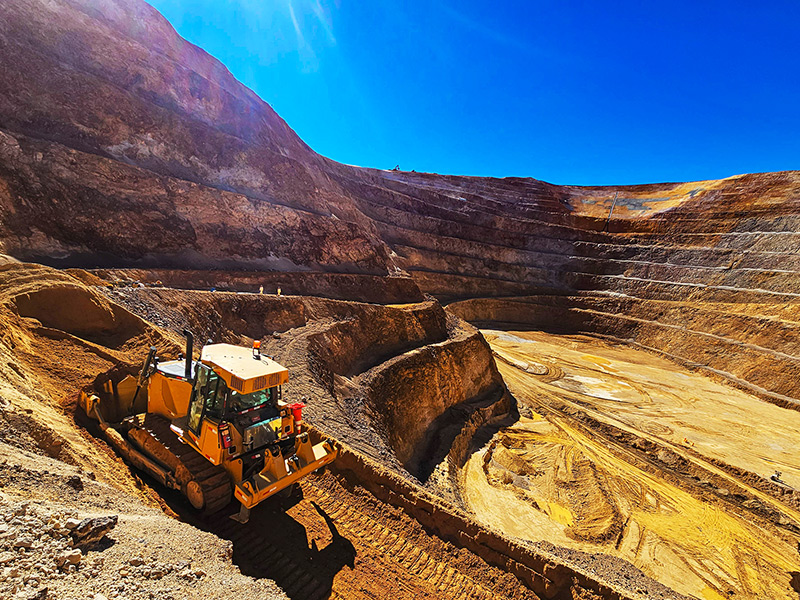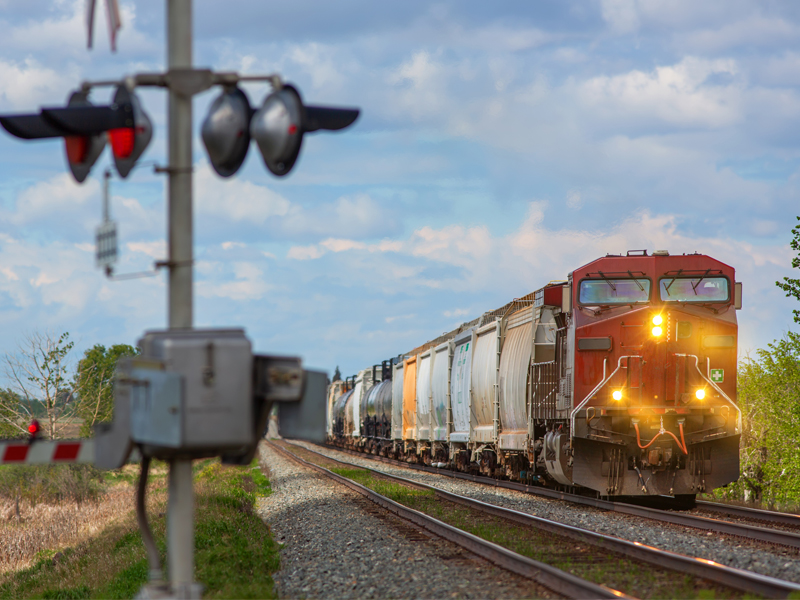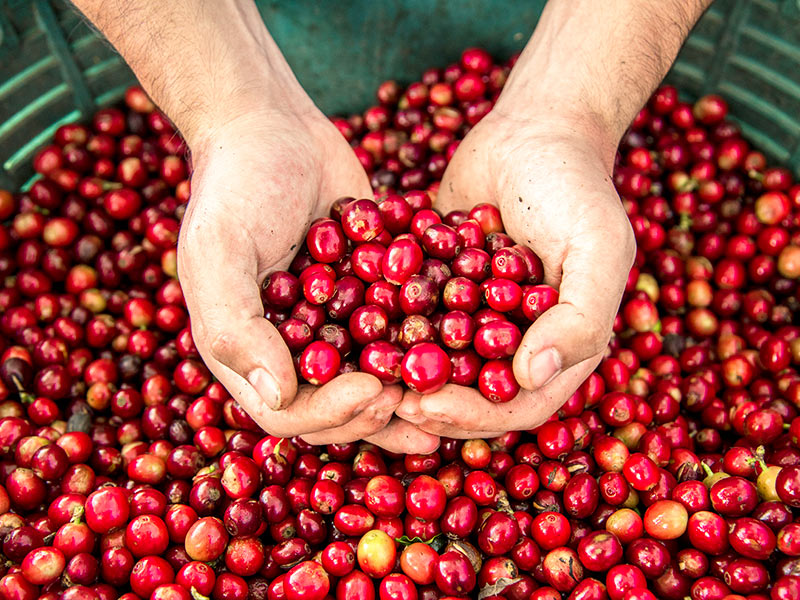
Authors
-
Tara Norton
Former Managing Director, BSR
-
Elisabeth Best
Former Manager, Sustainability Management, BSR
As part of our Q&A series with our experts on the past, present, and future of sustainable business, we sat down with Supply Chain Sustainability lead Tara Norton to discuss innovations, opportunities, and challenges in the field.
Elisabeth Best: What has been the single most important innovation in supply chain sustainability in the last 25 years?
Tara Norton: The first innovation came in the 1990s, with companies’ realization that the rights of workers in their global supply chains were their responsibility. This launched the labor standards and social compliance movement and the raft of industry vertical initiatives and certifications that we see today, addressing many of the most critical human rights and environmental issues in each industry’s supply chains.
I would say we are now waiting for the next innovation. There has been a definite realization that the current accepted approach is not driving meaningful change. Our leading member companies are looking for better solutions. There are many promising developments underway today, largely around the use of data and integration of technology, that are laying the groundwork for disruptive innovation.
Best: What does sustainable business, specifically as it relates to supply chain sustainability, look like in 2030?
Norton: What the future holds is always hard to say, but we are excited to publish a primer on the future of supply chains today that summarizes the biggest procurement trends and forces of change affecting supply chains between now and 2025.
Two big trends happening in supply chain management are the rising importance of the Chief Procurement Officer within businesses and the digitalization of supply chains. Increased digitalization is allowing for data analysis that wasn’t possible before: Companies can better analyze and therefore manage the risk in their supply chains. However, there is also the massive impact of the rise of automation in supply chains, where machines will replace people, not only as workers, but also, in some cases, as decision-makers.
One significant and related change that we anticipate is transparent supply chains, across industries. It’s going to be increasingly easy to see where things are made and how goods and finance flow, and sharing this data will become business as usual. Companies may as well get out ahead of this trend—it’s coming anyway, and it’s going to be increasingly difficult to keep supply chain information private or to hide behind the idea that supply chains are too complex for visibility.
Best: What’s the biggest challenge or opportunity you see looking forward?
Norton: Supply chains are enablers for businesses to achieve positive human rights, climate, inclusive economy, and women’s empowerment impacts on a mass scale. This remains a huge opportunity.
One of the biggest challenges and opportunities is automation. The impacts of automation on supply chains, and specifically on the global work force, are enormous. There are obviously significant efficiency opportunities, but the impacts of automation on workers should be top of mind. The conversation about worker rights and worker empowerment changes completely when machines can replace entire workforces in factories. What is a company’s responsibility for the people in its supply chain that are being displaced by automation?
Best: What are leading companies doing today to make a sustainable future a reality?
Norton: BSR articulates what supply chain leadership looks like in the Supply Chain Leadership Ladder—leading companies at the “driving impact” level described in our Ladder are shifting their activities away from compliance toward engagement and impact on the most critical areas of their supply chains. Leading companies are making commitments on their most material issues, integrating sustainability throughout their whole procurement lifecycles, and actively leading in the global collaborations that are improving global supply chains.
Best: What aspect of this year’s BSR Conference are you most excited about?
Norton: We have an excellent line-up of speakers, including Al Gore, and I expect to be inspired and come away with new ideas to meet the supply chain challenges of the future. I am looking forward to the discussion we are going to have during Harnessing New Technologies for Supply Chain Sustainability, where we will explore some of the trends we’ve discussed in this blog. And it’s going to be nice to hang out by the beach with an amazing group of sustainability professionals, many of whom are old friends at this point.
Topics
Let’s talk about how BSR can help you to transform your business and achieve your sustainability goals.







